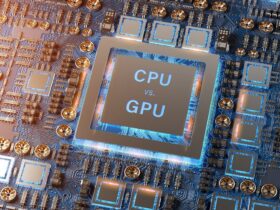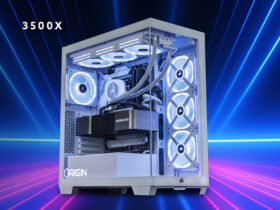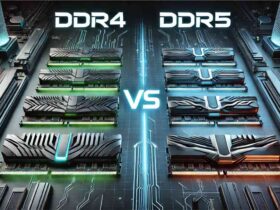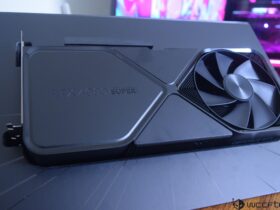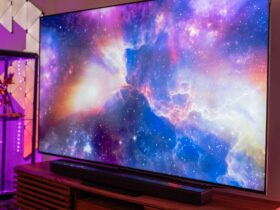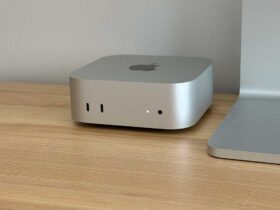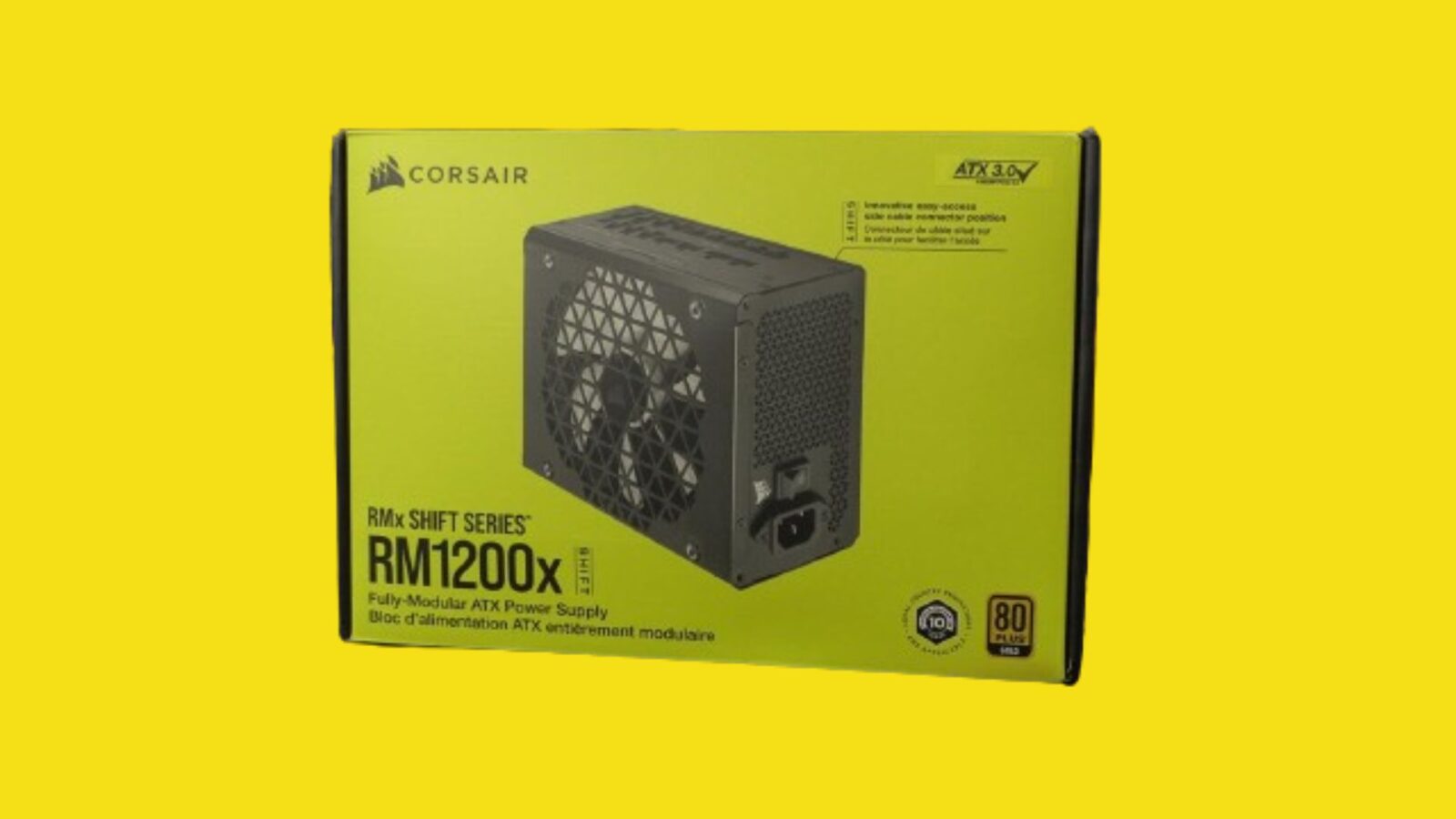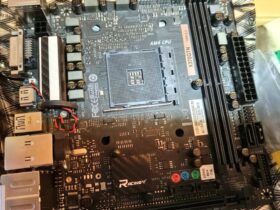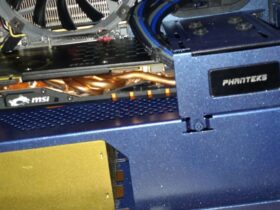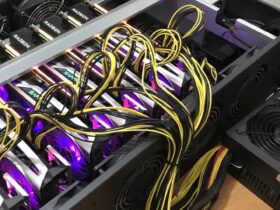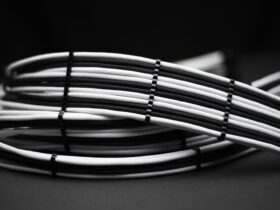Daftar Isi
When building a gaming PC or a high-performance workstation, selecting the right power supply unit (PSU) is crucial. Among the various PSU options available, modular power supplies have gained popularity for their flexibility and cable management benefits. In this article, we’ll explore the advantages and disadvantages of modular PSUs, helping you make an informed decision for your next PC build.
Advantages of Modular PSUs
Achieve Cable Management Bliss with Modular PSUs
When it comes to powering your PC build, one often-overlooked aspect can make a world of difference: cable management. Enter modular power supply units (PSUs), the unsung heroes of clean and clutter-free PC builds. Let’s delve into why modular PSUs are the key to achieving cable management heaven and optimizing your system’s performance.
Modular Design: A Game-Changer
The defining feature of modular Power Supply Units lies in their cable modularity. Unlike their non-modular counterparts, where all cables are permanently affixed, modular power supplies offer the flexibility to connect only the cables you need for your specific setup. This means bid farewell to the days of wrestling with a tangled mess of unused cables cluttering your PC case.
The Aesthetics Advantage
Clean cable management isn’t just about appearances, although it certainly does wonders for the visual appeal of your build. With unnecessary cables out of the picture, you can showcase your hardware in all its glory without unsightly wires obstructing the view. Whether you’re showcasing your PC at a LAN party or simply admiring it on your desk, modular power supplies ensure a sleek and professional-looking setup.
Read More: Best PSU in 2023: Three Recommended Power Supply Units
Optimized Airflow for Peak Performance
But the benefits of modular power supplies extend beyond aesthetics. By eliminating cable clutter, you pave the way for improved airflow within your PC case. Unobstructed airflow is crucial for keeping your components cool during intense gaming sessions or demanding workloads. With proper ventilation, your CPU, GPU, and other vital components can operate at optimal temperatures, preventing thermal throttling and prolonging their lifespan.
Performance and Longevity
Speaking of longevity, the airflow optimization made possible by modular power supplies isn’t just about immediate performance gains—it’s an investment in the long-term health of your system. Cooler components are less prone to overheating-related issues, such as instability or premature failure. By ensuring that your hardware operates within safe temperature limits, modular power supplies contribute to the longevity and reliability of your PC build.
Customization and Flexibility
Modular PSUs offer customization options. You can choose the exact cables you need for your specific build. Whether it’s the 24-pin ATX connector, PCIe cables, SATA power cables, or Molex connectors, you can tailor your PSU to match your components. This flexibility is especially useful for small form-factor builds or unique case layouts. Additionally, if you upgrade your system or change components, you can easily swap out cables without replacing the entire PSU.
Disadvantages of Modular PSUs
Cost Considerations
Modular PSUs are generally more expensive than their non-modular counterparts. The premium quality and craftsmanship come at a price. If you’re on a tight budget, a non-modular PSU might be a more cost-effective option. However, consider the long-term benefits of cable management and ease of use when making your decision.
Potential for Loose Connections
While modular PSUs offer flexibility, they also introduce the possibility of loose connections. If a cable isn’t securely attached, it can lead to power delivery issues or system instability. Properly securing each modular cable is essential during installation. Additionally, if you misplace or lose a modular cable, finding a replacement can be challenging, especially if it’s a proprietary connector.
Conclusion
In conclusion, modular PSUs provide significant advantages in terms of cable management, customization, and airflow. However, they come at a higher cost and require careful handling during installation. Consider your specific needs, budget, and build requirements when choosing between modular and non-modular PSUs. Whichever option you select, ensure it meets the power demands of your components and provides stable, efficient performance.
Modular power supplies offer flexibility and improved cable management, but they come at a higher cost. Consider your needs and budget when choosing between modular and non-modular PSUs. Whichever you choose, prioritize stability and efficiency for your PC build.








